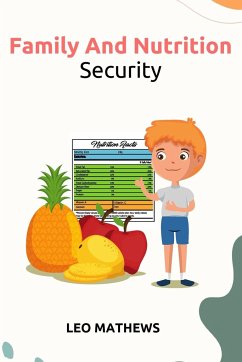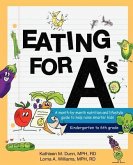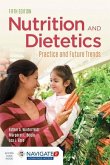The issue of food and nutrition security has gained immense importance in recent years, given the rising global population, and the resulting increase in food demand. As per the United Nations, more than 690 million people are currently suffering from hunger, while an additional two billion people are malnourished, either due to a lack of access to sufficient food, or due to an unhealthy diet. In this context, the role of the family in ensuring nutrition security assumes critical significance, as it forms the basic unit of society and plays a central role in providing for the nutritional needs of its members. At the heart of nutrition security lies the concept of food security, which refers to the availability, accessibility, and affordability of food that meets the dietary needs of individuals. A number of factors influence food security, including income, agricultural productivity, and access to markets, among others. However, the family is often the first point of contact for food provision, and the level of food security within a household is largely dependent on the income and resources available to the family. At the same time, the family also plays a crucial role in determining the quality of food consumed, which is another key aspect of nutrition security. Poor dietary choices, such as a diet high in saturated fat, salt, and sugar, can lead to a range of health problems, including obesity, heart disease, and diabetes. In contrast, a balanced and diverse diet that includes a variety of fruits, vegetables, whole grains, and lean proteins can help prevent these diseases and promote overall health and wellbeing. Given the importance of the family in ensuring nutrition security, it is critical that families have access to the necessary resources and support to enable them to provide for their members' nutritional needs. This includes access to adequate food, as well as education and awareness on healthy eating practices and food preparation. Governments, NGOs, and other stakeholders can also play an important role in promoting nutrition security by providing targeted interventions, such as food subsidies, nutrition education programs, and public health campaigns. In conclusion, family and nutrition security are closely intertwined, and it is essential that families have the resources and support they need to ensure that their members are adequately fed and nourished. By promoting food security and healthy eating practices, we can help ensure that everyone has access to the nutritious food they need to lead healthy, productive lives.



